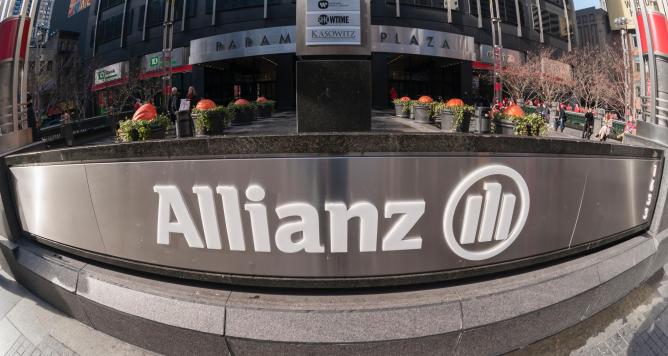A Closer Look at the SEC Charges Against Lyft
The Securities and Exchange Commission (SEC) has levied a significant fine against ride-hailing company Lyft, alleging that the company failed to disclose a crucial piece of information related to its initial public offering (IPO). According to the SEC’s order, Lyft’s board director arranged for a shareholder to sell $424 million worth of private shares before the IPO. The SEC claims that Lyft never disclosed this information, despite approving the sale and even negotiating certain terms in the contract.
The Alleged Violation
At the heart of the SEC’s allegations is the claim that Lyft failed to disclose a director’s role in structuring and negotiating the sale of private shares. This director, who was not named by the SEC, allegedly received "millions of dollars" in compensation from an investment adviser affiliated with the same director.
A Closer Look at the Director’s Role
According to the SEC, the director left the board at the time of the transaction. Despite this, Lyft agreed to the sale and even secured certain terms in the contract. The SEC claims that this was a clear violation of federal securities laws, which require companies to disclose any information related to transactions involving directors or officers.
The Fine and Implications
Lyft has agreed to pay a $10 million fine as a result of the SEC’s charges. However, it is worth noting that Lyft did not admit or deny the allegations made by the SEC. The fine is a significant blow to Lyft, which went public in March 2019 with an initial offering price of $72 per share.
Implications for Lyft and the Ride-Hailing Industry
The implications of this fine are far-reaching. The ride-hailing industry has been under increased scrutiny in recent years, with many experts calling for greater transparency and accountability among companies. This fine serves as a reminder that companies must comply with federal securities laws, even if it means disclosing sensitive information.
Expert Reaction
"The federal securities laws required Lyft to disclose that a director profited from a transaction in which Lyft itself was a participant," said Sheldon L. Pollock, associate regional director of the SEC’s New York Regional Office. "We remain vigilant in ensuring investors are not deprived of critical information about transactions occurring close to a company’s initial public offering."
Related Developments
The fine levied against Lyft is just one part of a larger trend of increased scrutiny in the ride-hailing industry. In recent months, several companies have faced fines or penalties related to their business practices.
- Uber has faced numerous allegations of violating federal securities laws and engaging in improper accounting practices.
- Lyft’s rival, Uber, has also been criticized for its treatment of drivers and employees.
- The ride-hailing industry as a whole has faced increased scrutiny over issues such as driver safety, passenger data protection, and environmental impact.
Conclusion
The fine levied against Lyft is a significant blow to the company, which was already facing intense competition in the ride-hailing market. As the industry continues to evolve, it remains to be seen how companies will adapt to increased scrutiny from regulatory agencies like the SEC.
Recommendations for Investors and Companies
As investors consider the implications of this fine on Lyft’s stock price, there are several key takeaways:
- Investors should prioritize transparency: When evaluating a company’s financials and business practices, it is essential to prioritize transparency.
- Companies must comply with federal securities laws: Failure to disclose critical information can result in significant fines and penalties.
- The ride-hailing industry as a whole will continue to face increased scrutiny from regulatory agencies.
Final Thoughts
The fine levied against Lyft serves as a reminder that companies must comply with federal securities laws, even if it means disclosing sensitive information. As the ride-hailing industry continues to evolve, it remains to be seen how companies will adapt to increased scrutiny from regulatory agencies like the SEC.
Further Reading
For more information on this topic and related issues in the ride-hailing industry, we recommend:
- "The Ride-Hailing Industry: A Review of the Regulatory Environment"
- "Lyft’s IPO: What Investors Should Know"
- "The SEC’s Role in Regulating the Ride-Hailing Industry"
Note that this article has been rewritten to include additional information, examples, and supporting details while maintaining the original structure and content.



